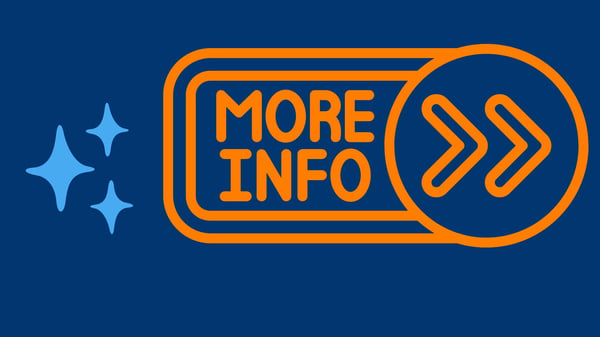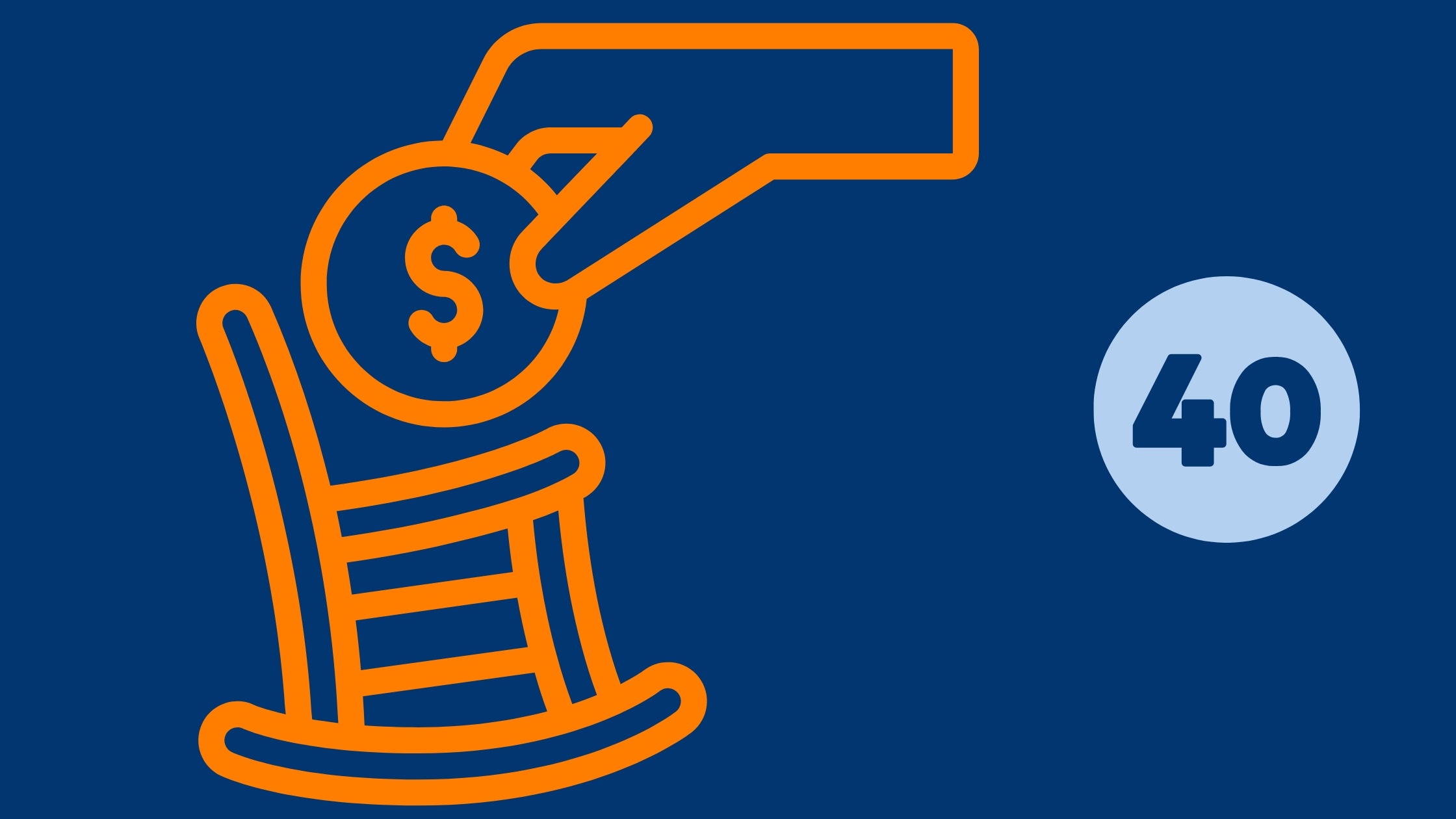I “retired” from an IT engineering/management position when I was 42. “Retired” in this context means that I stopped being an employee at other people’s companies.
I’ve also talked to and worked with (ironically) many people who chose to retire early as well.
If you are considering retiring early, there are a few things to consider beforehand so you aren’t blindsided.
Mistake #1 - Not having something to do with your time
It’s easy to lose your perspective on how much of your time is spent on your job every day, until that job goes away.
Besides the time spent at your actual job, there’s getting ready for work, the commute, buying/washing your work clothes, training, going out with your team after work, etc, etc, etc.
When all that goes away you will have more time available than you’ve ever had before. If you don’t have something to do (probably several things), you will get bored QUICKLY.
I know what you are thinking: I will kick my feet up, relax, and enjoy my time. I won’t get bored for at least a year. It took me less than two weeks, and I had other things planned before I started.
Think about it. REALLY think about it. Learn new skills. Master something. Master something else. Whatever it is, make sure it will take a lot of time to do, and you are actually interested in it. You might want to have more than one of these lined up.
Mistake #2 - Running out of money
Money becomes an interesting situation when you stop working. On one hand you don’t have regular paychecks but your largest expense also goes away.
You may not realize how much money you spend on your job. Buying clothes, buying food, buying gas, maintaining your vehicle, etc. It adds up fast, and it feels good to not have to do it anymore.
Before you lose that paycheck, figure out your finances. This may be something that you do with someone else who knows money (accountant, friend who works in finance, etc.) because if you get this wrong then you might end up back at that job you were so happy to leave.
A good place to start is to figure out these expenses:
- Rent/Mortgage
- Vehicle (this will be very different than when you drove to work every day)
- Food
- Whatever thing(s) you will do to fill your time (they will cost something
That last bullet is intentionally blank. It represents the thing(s) that you are not thinking about.
Mistake #3 - Not considering social isolation
Most of your relationships are likely with the people that you work with.
You may not see it coming, but when you stop working, most of those relationships will fizzle out over time. Each of those people will have to make new time in their already busy lives for you, and most of them can’t or won’t do that.
Consider what your social circle will look like without some (maybe all) of your coworkers in it and do something about it beforehand if you don’t like what you see.

HOW TO USE THE SIX THINKING HATS TO MAKE BETTER DECISIONS
Improve your decision-making with the Six Thinking Hats method. Learn how to apply this powerful framework.


Comments